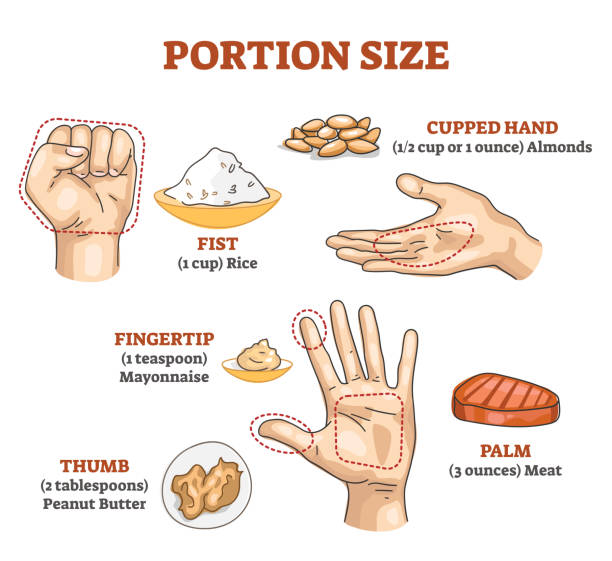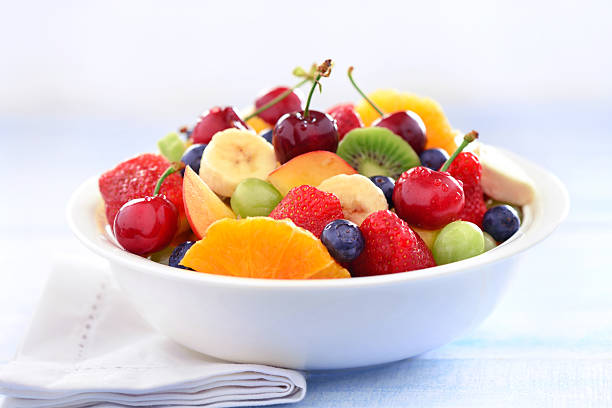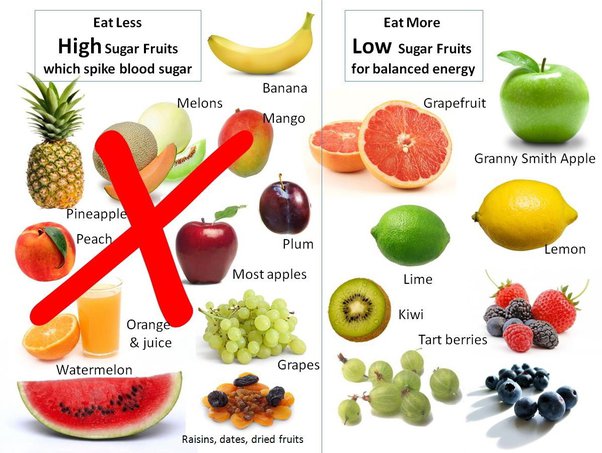Fruits are often celebrated as the cornerstone of a healthy diet. But when it comes to weight loss, not all fruits are created equal—especially in India, where high-sugar tropical fruits are widely consumed without second thought.
I’m Priya Sharma, a Certified Nutritionist and Health Coach with over 7 years of experience helping Indian office-goers and busy professionals achieve sustainable weight loss. In this post, I’ll share practical advice, a real client success story with a verified testimonial, original insights, and science-backed reasons on which fruits you should avoid—and why.
Why Fruit Choices Matter in Weight Loss
Fruits are nutrient-dense and provide essential vitamins, fiber, and antioxidants. However, some are high in sugar and calories, contributing to fat storage if consumed excessively.
The key lies in smart choices that balance nutrition without sabotaging your weight loss goals.
Case Study: Rahul Mehta’s Real Journey
Rahul Mehta, a 35-year-old IT professional from Bangalore, struggled to lose weight despite trying various diets. After working together, he saw remarkable improvements.
Before Working Together:
- Weight: 85 kg
- Energy: Low
- Habit: Regular consumption of high-sugar fruits (mango, banana, litchis)
After 6 Weeks of Structured Guidance:
- Weight: 79 kg (6 kg lost)
- Energy: Improved concentration and vitality
Rahul’s Testimonial:
“Priya’s guidance was a game changer for me. Switching to low-sugar fruits and following her portion advice made all the difference. I never felt deprived!”
– Rahul Mehta, Bangalore
The Science: Sugar Content & Glycemic Index
According to the WHO Healthy Diet Guidelines
- Excess Sugar causes insulin spikes leading to fat storage.
- Low GI Foods (GI < 55) release sugar slowly, reducing hunger and stabilizing energy.
This is why smart fruit choices matter more than ever.
Top 7 Fruits to Avoid During Weight Loss in India
| Fruit | Approx. Sugar Content | Glycemic Index | Why to Avoid |
|---|---|---|---|
| Mango (Aam) | ~45g per fruit | 56–60 | High calories and sugar |
| Banana (Kela) | ~14g per medium banana | ~51 | High calorie, moderate GI |
| Litchi (Lychee) | ~29g per 100g | ~50–55 | Low fiber, very sweet |
| Grapes (Angoor) | ~15–18g per 100g | ~46 | Easy to overconsume |
| Custard Apple (Sitaphal) | ~35g per fruit | ~44 | High sugar density |
| Pineapple (Ananas) | ~16g per 100g | ~59 | Spikes blood sugar |
| Watermelon (Tarbooz) | ~6g per 100g | ~72 | Very high GI |

Healthier Alternatives You Should Opt For
| Fruit | Sugar Content | Key Benefit |
|---|---|---|
| Apple (Seb) | ~10g per fruit | High fiber, low GI |
| Guava (Amrood) | ~5g per 100g | Fiber-rich, low sugar |
| Berries (Strawberry, Blueberry) | ~4–7g per 100g | Antioxidants, low sugar |
| Papaya (Papita) | ~8g per 100g | Digestive enzymes |
| Orange (Santra) | ~12g per fruit | Vitamin C, moderate sugar |

Infographic: High-Sugar vs. Low-Sugar Fruits

- Mango vs. Guava
- Banana vs. Papaya
- Litchi vs. Berries
This infographic provides a quick visual guide to smarter choices.
Pro Tips for Smart Fruit Consumption
- Portion Control: Stick to ½ cup or one small fruit.
- Pair Wisely: Combine fruits with protein like yogurt to stabilize blood sugar.
- Time It Right: Prefer fruits in the morning or as a mid-morning snack.
- Seasonal Choices: Opt for locally available low-sugar fruits.
FAQ
Disclaimer:
This article is for general informational purposes only. Consult a registered dietitian or medical professional before making major changes to your diet, especially if you have medical conditions like diabetes.
📚 Reference: WHO Healthy Diet Guidelines
About Priya Sharma – Certified Nutritionist & Health Coach:
With a Master’s in Nutrition & Dietetics and certification from the Indian Dietetic Association (IDA), I specialize in practical, sustainable weight loss strategies for Indian office-goers.
🌐 Visit my practice: Priya Sharma Nutrition
📱 LinkedIn: Priya Sharma Nutritionist








One response to “Fruits to Avoid During Weight Loss in India”
[…] it comes to fat loss, most people think of heavy gym workouts, strict diets, or expensive programs. But the truth is, […]